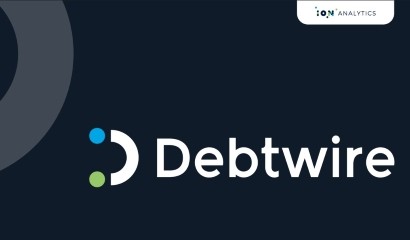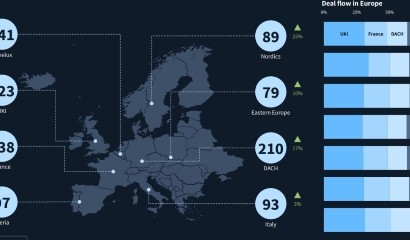Altice France secured creditors pick Rothschild for financial advisor as creditors launch co-op agreement
[This is an update to a story first published on 9 April. The update notes in the second paragraph that a cooperation agreement for lenders was launched 10 April.]
A group of Altice France’s secured creditors working with law firm Gibson Dunn has chosen Rothschild as their financial advisor following a pitch process, according to two sources familiar with the matter.
The group, which represents around USD 15bn in mostly secured debt, formally launched the cooperation agreement today, according to additional sources familiar with the matter.
The Luxembourg-headquartered telecom giant, which has historical relationships with law firms Ropes & Gray, French counsel De Pardieu and financial advisor Lazard, has not formally put forth any proposal, two more sources familiar said.
Creditors have organised quickly after the company’s shocking earnings call last month, when it indicated that bondholders and lenders need to share the pain as it seeks to de-leverage to “well below 4x.”
“[I] think the company wasn’t prepared that their call would rattle the creditors so much. They might not have expected the creditor groups to get organised so quickly since it’s such a huge debt stack,” one of the sources said. “The shareholder might have thought he could capture a haircut without giving up equity value. But there’s the absolute priority rule in France under the new restructuring framework.”
The company’s entire capital structure tanked last week, after management noted on its controversial 4Q23 earnings call that it will not contribute proceeds from asset sales back into the restricted group until it is “well below” 4x net levered. They added that the company would require creditors’ participation in discounted transactions which could include exchange offers, tenders or repurchases in order to delever.
Altice France’s Caa1/CCC+ rated EUR 400m 4% senior secured 2029s are indicated at 70.375-mid with a 11.7% yield to worst, while its Ca/CCC- rated EUR 1.31bn 8% senior unsecured 2027s are indicated at 37.5-mid with a 49.5% yield to worst on IHS Markit.
French toolkit
While it might be premature to talk about any in-court proceedings now before any formal proposal from the company, France offers two “amicable” and confidential restructuring proceedings – mandat ad hoc and conciliation. The aim of both procedures is to provide breathing space for a consensual deal to be reached with some or all creditors under the supervision of the court. There is no general or overarching stay of payments and the company’s business continues.
Companies that are distressed, but not yet insolvent (based on the applicable French cash-flow insolvency test) can apply for mandat ad hoc. The role of the mandataire ad hoc (an insolvency practitioner) is to assist the company in devising a restructuring plan. There is no set timeframe for the mandat ad hoc process. On the other hand, a debtor can enter conciliation if it is solvent or insolvent, provided it has been insolvent for not more than 45 days. Conciliation runs for a maximum of four months, with the possibility of one extension of up to a month. Due to the lack of a time limit for the process, mandat ad hoc will often be the first port of call.
Mandat ad hoc can be converted into conciliation and there are various reasons for doing so, in particular so any agreement reached can be formalised and new money given priority in any subsequent proceedings.
Where no consensual agreement is reached in amicable proceedings, a type of sauvegarde (safeguard) proceedings – which have more drastic possibilities for a restructuring plan to be imposed on creditors – may follow, provided the debtor is still not cash flow insolvent, in which case formal reorganisation or liquidation proceedings would follow.
Recent reform to the French restructuring framework introduced the concept of classes of affected parties and cross-class cram down, while rebalancing competing interests of different stakeholders in the jurisdiction – previously renowned for its debtor-friendly approach. Thus, the accelerated safeguard process facilitates the adoption of a plan drawn up during the conciliation that lacks unanimous stakeholder backing, with a threshold of two-thirds in value of participating creditors to vote in favour of a plan for approval.
The earnings call spurred a flurry of activity across the company’s massive capital structure. The company is reportedly talking to Lazard. Houlihan Lokey and Milbank held a call on 22 March, when they urged creditors to band together to preserve value. They cited the recent example of DISH Network, a subsidiary of US-listed EchoStar, whose creditors managed to push back against the exchange offers proposed by the company through signing a collaboration agreement, as reported.
Rothschild did not return requests for comment.
Ropes & Gray and De Pardieu declined to comment.











